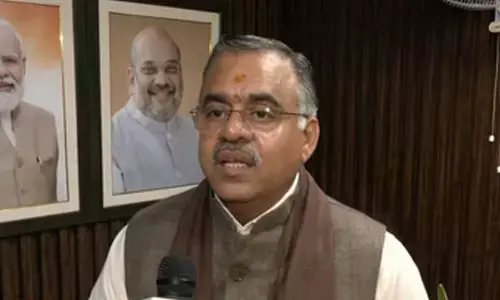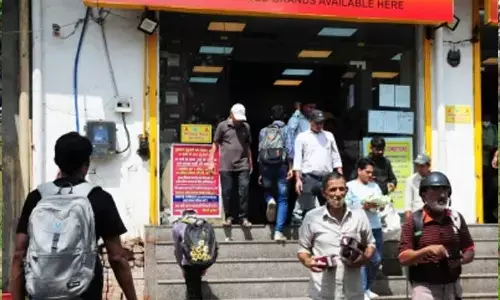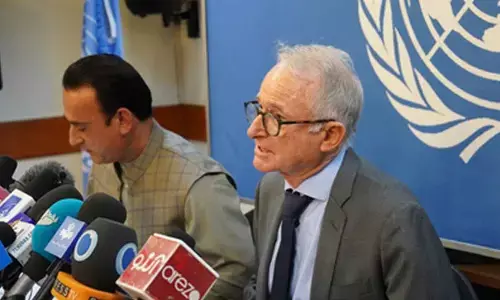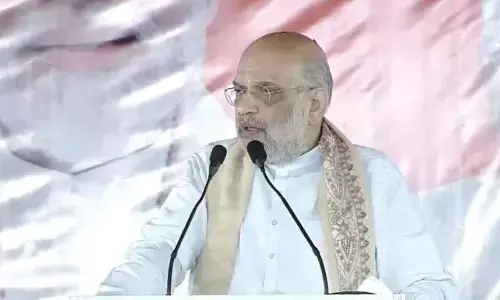A national policy on HIV self-testing is the need of the hour
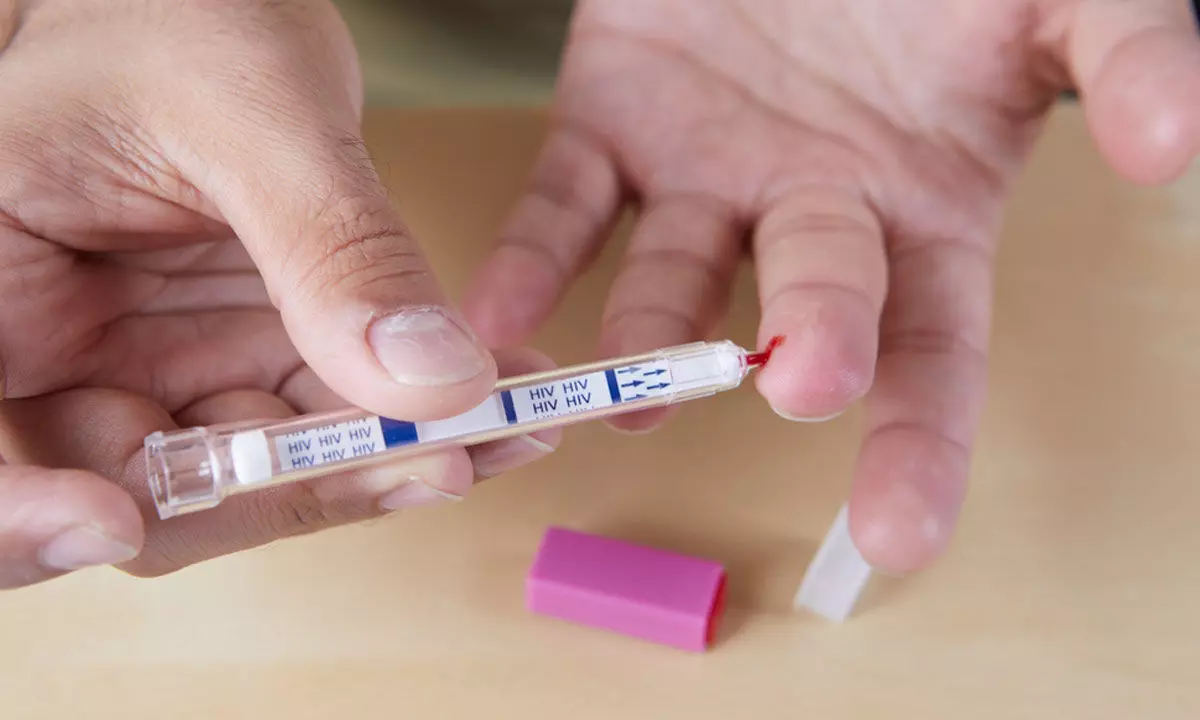
A national policy on HIV self-testing is the need of the hour
As part of the 2017 National Health Policy and UN Sustainable Development Goals (SDGs), India vowed to eradicate AIDS by 2030
The Parliament passed the HIV and AIDS (Prevention and Control) Billway back in 2017. This was primarily aimed at ensuring equal rights while seeking treatment, education and jobsfor people living with HIV, the country has not yet developed a national policy on HIV self- testing. The HIV Bill sought to prevent and control the spread of HIV and AIDS and prohibit discrimination against persons with HIV and AIDS. The Bill listed various grounds on which discrimination against HIV positive persons and those living with them is prohibited. These include denial, termination, discontinuation or unfair treatment with regard to employment; educational establishments; health care services; residing or renting property; standing for public or private office and provision of insurance (unless based on actuarial studies).
The requirement for HIV testing as a pre-requisite for obtaining employment or accessing health care or education was also prohibited. The Bill also bears a lot of significance in terms of giving protection to such people from specific acts of discrimination by the state, or any other person. It makes anti-retroviral treatment a legal right for all such patients. It has also adopted a 'test and treat' policy which means any person testing positive will be entitled for free treatment by the state and central governments.
India, like many other countries, vowed to eradicate AIDS by 2030 as per the 2017 National Health Policy and UN Sustainable Development Goals (SDGs) adopted by the country. Adopting the latter, over 190 nations, including India, pledged to end the dreaded AIDS by 2030.
However, in order to eliminating the fatal disease, developing a national policy on HIV self-testing is very significant. Almost 100 countries across the world have already included HIV self-testing policies, and around 50 countries are routinely implementing it. It is true that self-tests for Covid-19, pregnancy and diabetes, among others, have not only proven successful in increasing the uptake of tests but also how it links to care services.
No doubt, India has made commendable progress since April 7, 2004 when it began the rollout of lifesaving antiretroviral therapy (ART) for people living with HIV, but formidable challenges remain. India missed meeting the target of zero discrimination by 2020, which has now been extended to 2030, albeit with a correction, less than 10 per cent discrimination by 2030.
Grappling with Covid-19 pandemic for almost two years, resulted in other crucial health issues like HIV, tuberculosis and many infectious diseases and non-infectious health emergencies and exigencies were neglected, including in India. This resulted in non-achievement of WHO target 90-90-90 by 2020; which was set for 90 per cent of people with HIV should know their status, 90 per cent of infected people who know their status should be put on ART and 90 per cent of those on ART should have their HIV-viral loads suppressed. In 2020, when the world was reeling through the Covid-19 pandemic, 1.5 million people were newly infected with HIV, and 680,000 people succumbed globally.
As most nations could not meet 2020 AIDS targets, eyes are now set on the 2030 goalpost of 95-95-95 targets.
That HIV self-testing is of great significance to address the gaps in HIV diagnosis is evident from the fact that in 2019, the World Health Organization had recommended HIV self-testing as part of HIV care cascade. It is true that all governments worldwide have promised to end AIDS by 2030. But to achieve this goal, it is vital to ensure everyone living with HIV everywhere must know the status and receive a full spectrum of care services. Given the background, there is no reason to any further delay in rolling out a full-fledged HIV self-testing in India. This is the key entry point to the care cascade, particularly considering that a quarter of Indians living with HIV do not know their health status. The Union Health Ministry's intervention is the need of the hour as time is ticking away for meeting the rather ambitious goal of eradicating HIV by 2030.


